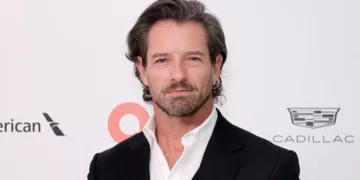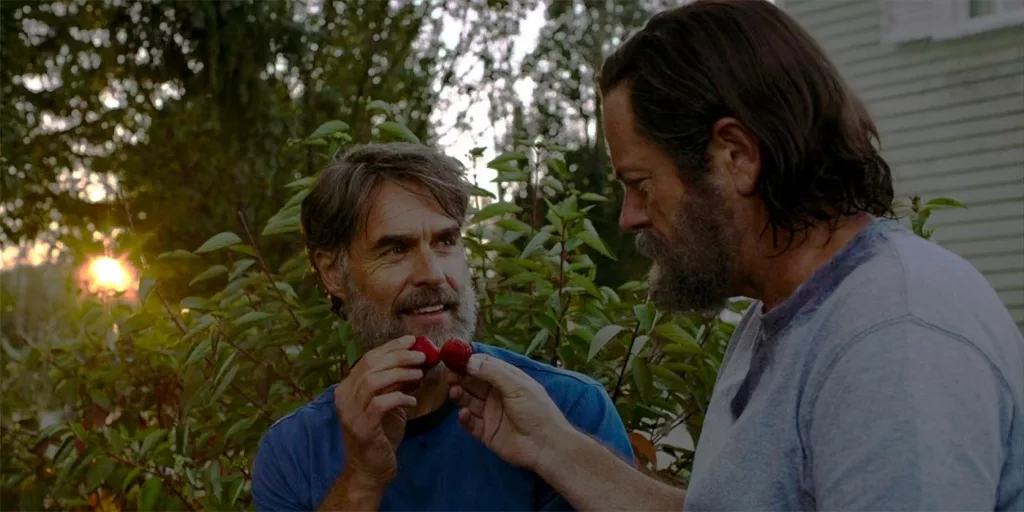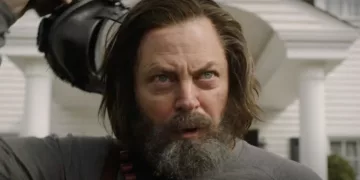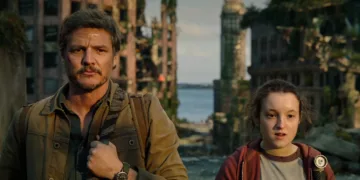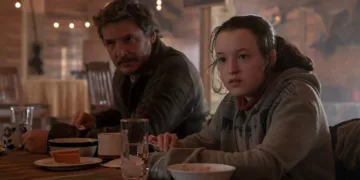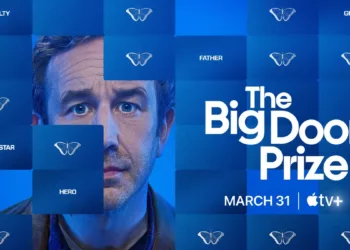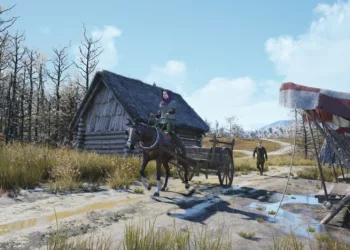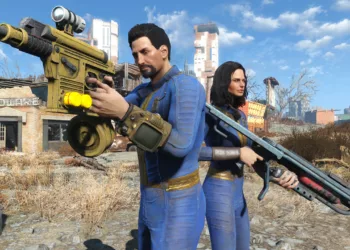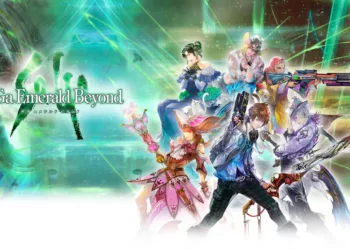In the captivating realm of “The Last of Us,” a television series adaptation of the renowned video game, the idea of a prequel spinoff centered on the characters Bill and Frank, portrayed by Nick Offerman and Murray Bartlett respectively, has sparked considerable intrigue.
The potential for this narrative expansion comes in the wake of the series’ third episode, “Long, Long Time,” which deviated significantly from the game’s original storyline to focus on the profound relationship between these two characters.
“Long, Long Time,” praised for its emotional depth and powerful storytelling, is hailed as a standout episode. Crafted by Craig Mazin and directed by Peter Hoar, the episode diverges from its source material by offering an in-depth look into the lives of Bill and Frank, characters who played relatively minor roles in the game. This narrative choice provided a fresh perspective within the series, showcasing a heartfelt love story unfolding in a post-apocalyptic world.
The episode’s success sparked conversations about a possible prequel, and Nick Offerman, fresh off his Emmy win for Outstanding Guest Actor in a Drama Series, shared his thoughts on this prospect. Offerman, known for his versatility and wit, humorously recounted his casting as Bill and expressed openness to reprising his role, should the opportunity arise.
He revealed that ideas, including a mini-series about the characters’ lives before they met, have been pitched, indicating a wealth of creative potential for further exploration of their backstory.
However, the idea of a prequel raises critical questions about the essence of storytelling in “The Last of Us.” The episode’s strength lies in its concise, yet impactful narrative. It tells a complete and moving story in a limited timeframe, capturing the essence of Bill and Frank’s relationship without the need for extensive exposition.
This narrative efficiency is a hallmark of the series, resonating deeply with audiences through its focus on human connection amidst chaos. A prequel, in contrast, risks diluting this impact by extending a story that has already reached a poignant conclusion.
Moreover, the episode challenges traditional post-apocalyptic tropes by portraying a narrative of love and hope, a stark contrast to the often grim and tragic themes prevalent in this genre. It’s a testament to the series’ innovative storytelling approach, which prioritizes character development and emotional resonance over conventional plot devices.





